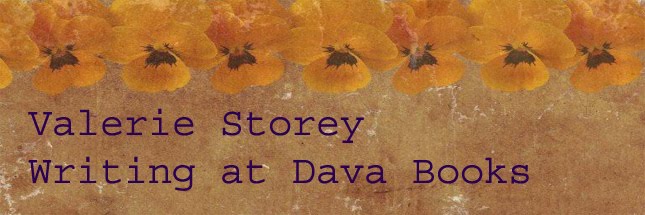 | |||
| Lakeside, CampNaNoWriMo 2023 |
Back home from CampNaNoWriMo at last! Well, okay, so I never went farther than the Albuquerque Museum Cafe and any relation to travel, camping, or singing 'round the campfire was all "let's pretend." But isn't that the definition of creativity? Using the imagination and taking it as far as it will go?
One thing I couldn't pretend away though, was how difficult CampNaNo turned out to be, and it wasn't just the very-real mosquitoes. Getting up every day to write close to 1700 words eventually became a Herculean effort and I did have to spend several days catching up with my word count, July 31st being the worst. I didn't finish writing that night until 11:44 PM. On the dot. It was a long evening indeed, but I made it across the finishing line just as the first street racers started roaring outside my windows down Route 66.
Now that two weeks have passed since the end of camp, I guess the big question is, WHY? Why did I want to do something so, well, challenging? Short answer: I wanted to see if I could. This year has been difficult for me on so many levels, and despite hours and hours of grief journaling, my creative writing often found itself buried under mounds of administrative paperwork. Signing up for CampNaNo was an opportunity to start over and see what direction I truly wanted to follow.
It was a good choice. As soon as I actually sat down to write I was back in one of the safest places I know: the blank page. I wrote in cafes. I wrote beside my condo's swimming pool. I wrote in the park. I wrote in bed. I got it done and I'm glad. There are so many benefits to joining in with a writing challenge, starting with:
- Discipline. No excuses. You just have to write--so do it!
- Commitment. Setting a challenge goal of 50K words or simply 50 pages is a promise to yourself, one you want to keep. It feels good to keep your promise.
- Finding a schedule. A challenge is a good way to figure out your best writing times of the day or night. For me it turned out to be mid-afternoon. With a latte.
- Visible progress. A writing challenge can bring a good dose of instant gratification. Watching your word counts and pages add up is immensely satisfying.
- Freewrite like you mean it. I love freewriting, letting the words pour onto the page without editing, censoring myself, or worrying about "what people will think." Participating in a challenge leaves little time to do anything other than write, write, write, and often you have to abandon linear thinking, switching scenes on the fly, inventing new characters, ignoring transitions. It's great.
- You're part of a global effort. It's fun to imagine all those other writers out there
sufferingenjoying themselves day after day, night after night. Writers tend to be loners, so what's better than a world-wide writer's group? - That idea you always wanted to play with? Now's the chance to go for it.
- Beginner's mind. When you're writing fast you don't have time to think about the rules or the "right" way to approach your story. Every sentence is a new beginning, a new way to express yourself. You don't need answers, you just need to listen to that voice asking "what if?" and follow what first comes to mind.
- A chance to experiment with form and genre. Bored? Turn your mystery into a series of short stories. Or add some recipes. Or poetry. Mix and match styles and write outside the box--you might find a brand new voice for yourself, the one you've always been looking for.
- You can discover what it is you don't like to write. 20,000 words into your manuscript you might discover that you hate writing novels, and that's just fine. Maybe you would much prefer to specialize in personal essays, or you might never want to pick up a pen again, deciding that abstract landscape painting is your true calling. Now's the perfect time to find out.
- You'll have 50K words to edit. I'm sure you've heard the truism that writing is re-writing. Except you can't rewrite a manuscript without a first draft. Join a challenge and you're guaranteed a first draft to rewrite for as many drafts as it takes.
- You'll have a manuscript to publish. Yay! What more incentive do you need?
Regarding that last point about publication, as worthy as it is to eventually publish your work and while 50K is an excellent start, a full-fledged, polished manuscript really needs a minimum of 75,000 to 100,000 words to be a satisfying read. My plan is to go for that 100K goal after taking a several-month break. For the moment my pages are packed away in a folder, but as soon as November's National Novel Writing Month 2023 rolls around I plan to jump in with both feet and get that story finished. Until then, you can find me in the craft room painting more landscapes.
